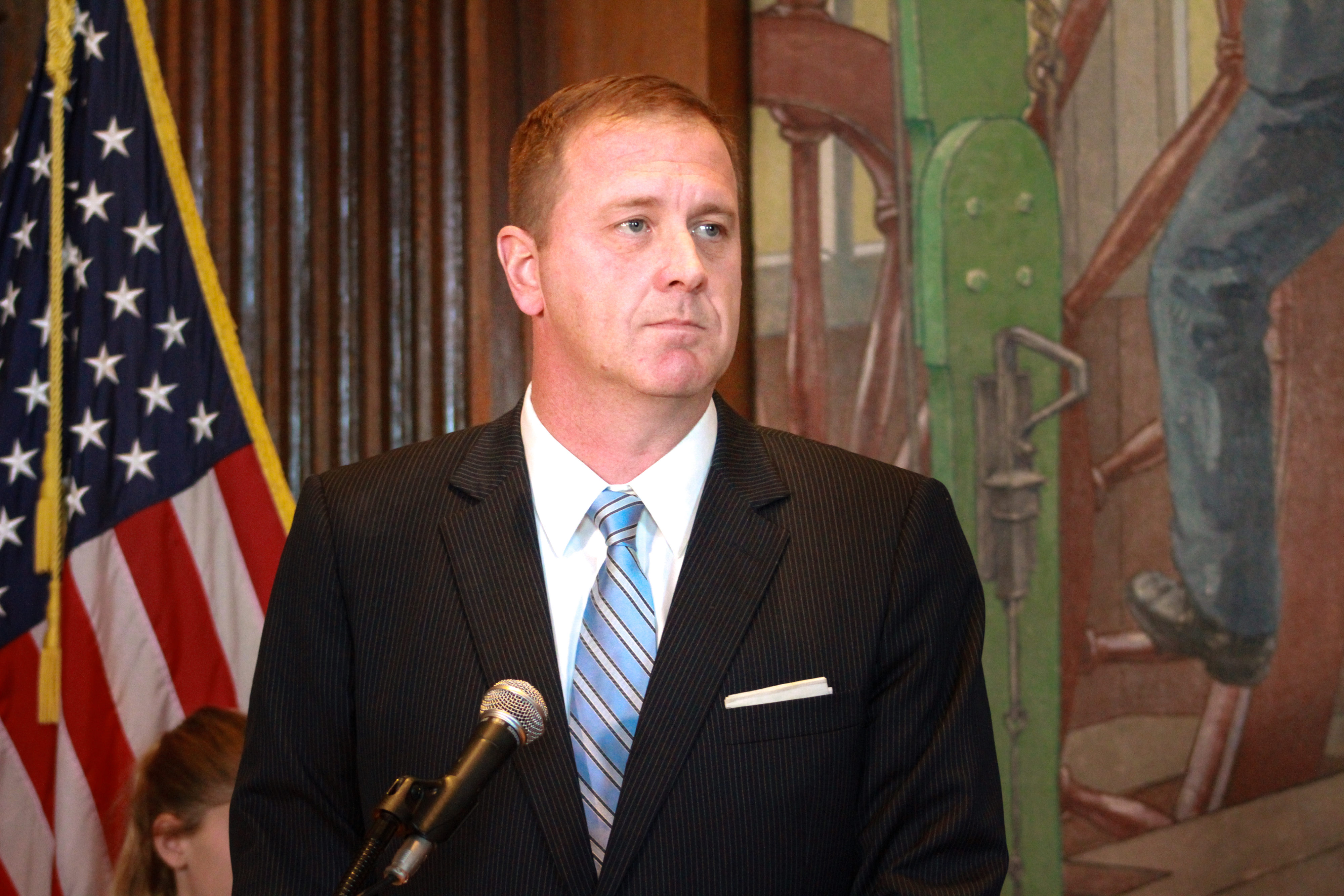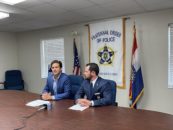JEFFERSON CITY, Mo. — The First Amendment should not be used to redact information in response to open records requests, according to Missouri top law enforcement officer.
The Attorney General’s Office issued the advisory on Thursday in response to inquiries from Gov. Mike Parson and Auditor Nicole Galloway. In his letter to the two statewide elected officials, Deputy Attorney General Justin Smith wrote this “does not constitute an official statutory legal opinion.”
“We recommend that your Office not rely on the First Amendment for blanket redactions of personal information,” the letter to Parson stated. A letter to Galloway is similarly worded.
Kelli Jones, communications director for the Parson administration, said the Office of the Governor has never solely relied on the First Amendment when redacting people’s personal information.
“In fact, as the Attorney General points out, we never redact people’s names or the content of their communication. When certain personal information is redacted, however, it is always intended to protect people from the potential of harassment, and this administration is redacting the same information as other administrations in past years,” Jones said. “While we respect Attorney General Schmitt’s opinion, it is important to note that he highlights a lack of clarity in the law on this point.”
The letter noted that “Missouri’s Sunshine Law declares our state’s commitment to openness in government” and “exceptions are strictly construed.” Smith pointed out that there are specific protections for personal information — such as Social Security numbers and credit card information — in state statute.
Beyond that, the letter said: “Although they have not encountered First Amendment objections, Missouri courts have repeatedly ordered the disclosure of personal contact information in response to Sunshine Law requests.”
“The Attorney General’s letter confirms Gov. Parson was wrong to withhold information from the public. Nonpartisan advocates for government transparency and legal experts all agree the Governor’s actions were unlawful,” Galloway, who has launched a 2020 gubernatorial bid, said in a statement.
In her official capacity, Galloway filed a formal request in May on whether her office should redact information of an identifying nature from requests under the Sunshine Law based on the First Amendment of the U.S. Constitution.
Her request came after the Kansas City Star reported Parson’s office uses the First Amendment to redact telephone numbers, addresses, and email addresses of private citizens who have reached out.
Earlier this month, Galloway blasted Schmitt for the length of time it has taken him to issue a legal opinion on the subject. While his office officially responded on the subject, they were clear the Thursday letter “does not constitute an official statutory legal opinion.”
Based on the information available on the attorney general’s website, the last two formal opinions issued — outside of reviewing initiative petitions and ballot language — were in February 2019 and April 2013. One was on the request of Missouri Ethics Commission Executive Director Liz Ziegler, and the other was a request from then-Sen. Brian Munzlinger.

Alisha Shurr was a reporter for The Missouri Times and The Missouri Times Magazine. She joined The Missouri Times in January 2018 after working as a copy editor for her hometown newspaper in Southern Oregon. Alisha is a graduate of Kansas State University.





















